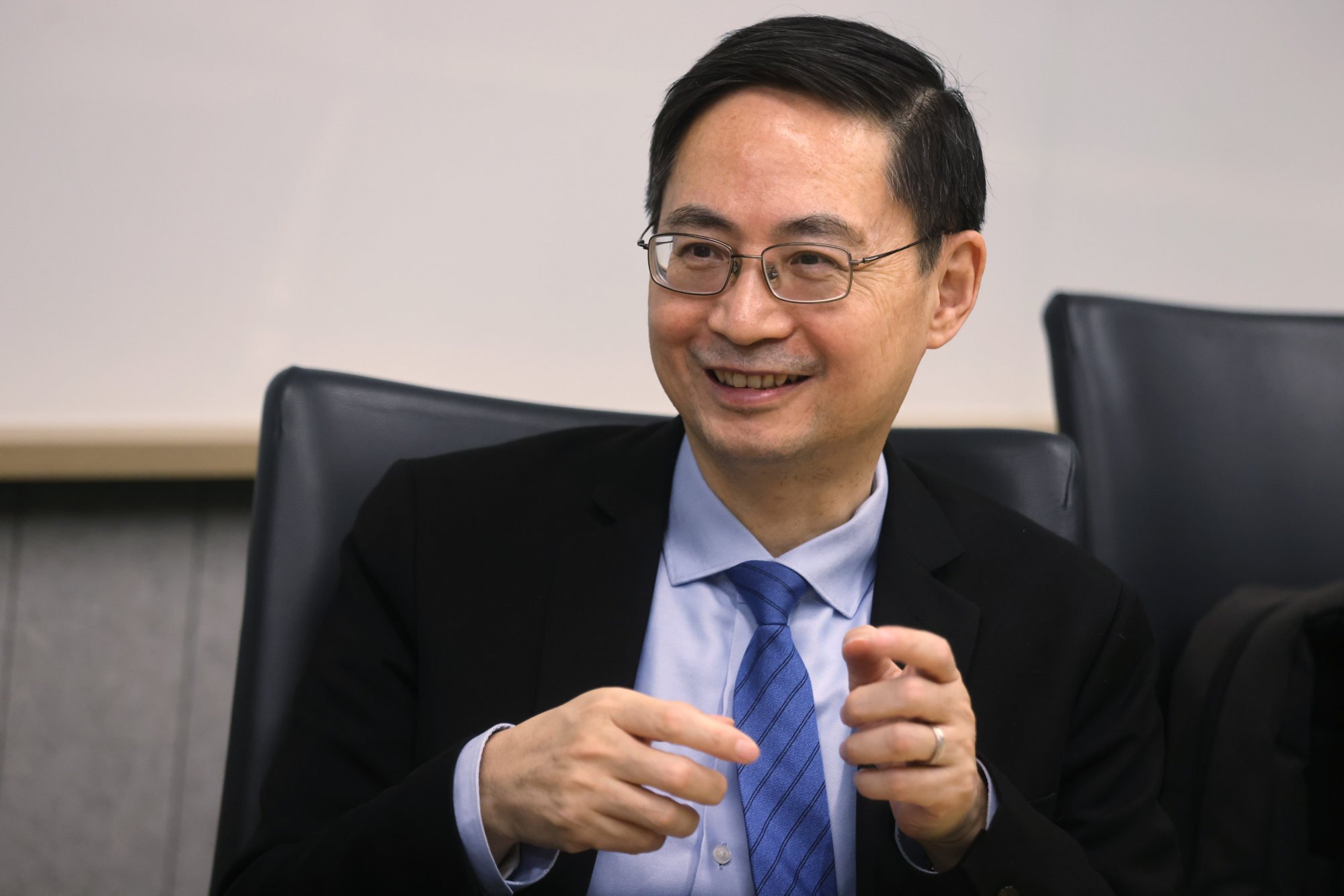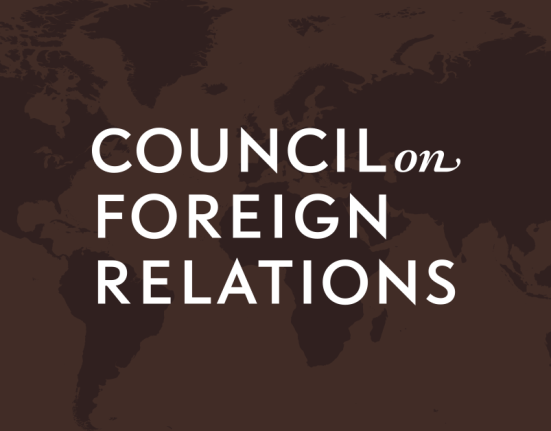“Hong Kong, an international finance centre, is also a knowledge hub,” said Ma Jun, chairman of co-host Capacity-building Alliance for Sustainable Investment (CASI). “The CASI event will bring together over 30 speakers with sustainable finance knowledge” from Hong Kong, mainland China, Europe, North America, Australia and east, south and central Asia.
Ma, a former economist with Deutsche Bank, World Bank and the International Monetary Fund, is president of the IFS and the Hong Kong Green Finance Association.
Launched at the COP28 global climate summit in December, CASI is an international cooperation platform for delivering sustainable finance training and knowledge-sharing in developing countries. Its predecessor, the green finance leadership programme hosted by IFS, has organised 30 green finance training events in the past five years.
CASI has 50 member institutions including financial companies, non-governmental organisations and higher education institutions, mainly in Southeast Asia, Latin America, Africa and the Middle East.
Founding members include the IFS, the HKMA, Beijing-backed Silk Road Fund, Asian Infrastructure Investment Bank, professional standards body the CFA Institute, HSBC and Standard Chartered Bank.
Having hosted an inaugural in-person event in Brazil in April, CASI plans to follow the Hong Kong conclave with similar events in the Middle East and Central Asia in the second half of 2024, and in Africa and Southeast Asia next year, Ma said. It aims to offer training for up 100,000 sustainable finance professionals by 2030 via in-person and online programmes.

The Hong Kong event will be followed by a two-day field visit by around 130 participants to Huzhou, in China’s eastern Zhejiang province, a hub for green finance pilot projects.
“Huzhou is the best-performing among China’s first batch of eight cities where green finance pilots were launched in 2017,” Ma said. “Participants will visit local banks to learn how their sustainability rating system works, and see the local government’s platform for matching green projects to finance providers.”
Green loans in Huzhou have grown at an average annual rate of 40 per cent since 2017 and currently make up nearly a third of total loans disbursed in the city, compared with the national average of 12 per cent and 2 per cent in some emerging markets, Ma said.
Small and medium-sized firms can qualify for loan interest subsidies from the local government if they achieve a certain sustainability rating.
Charles Nguyen, head of Asia ESG investing at fund manager Neuberger Berman, one of the speakers of the CASI event, said talent training is a key challenge facing many Asian and emerging markets.
“As the ESG [environment, social and governance] investing landscape becomes more complex, it requires finance professionals to have greater technical knowledge of climate mitigation and adaptation solutions, for example.”
Other common challenges are insufficient quantitative disclosures of ESG information and a relatively modest penalty for greenhouse gas emissions, he noted.
As major financial markets in Asia adopt international sustainability disclosure standards over the next few years, and as governments raise carbon taxes and expand emission permit-trading regimes to meet climate targets, companies in emissions-intensive sectors will likely face increasing costs, Nguyen said.
Given growing regulatory and investor focus on climate-related risks and opportunities, companies will face increasing scrutiny on the robustness and credibility of their climate-transition plans, including the level of ambition, short and medium-term targets, strategies and capital allocation, he added.







